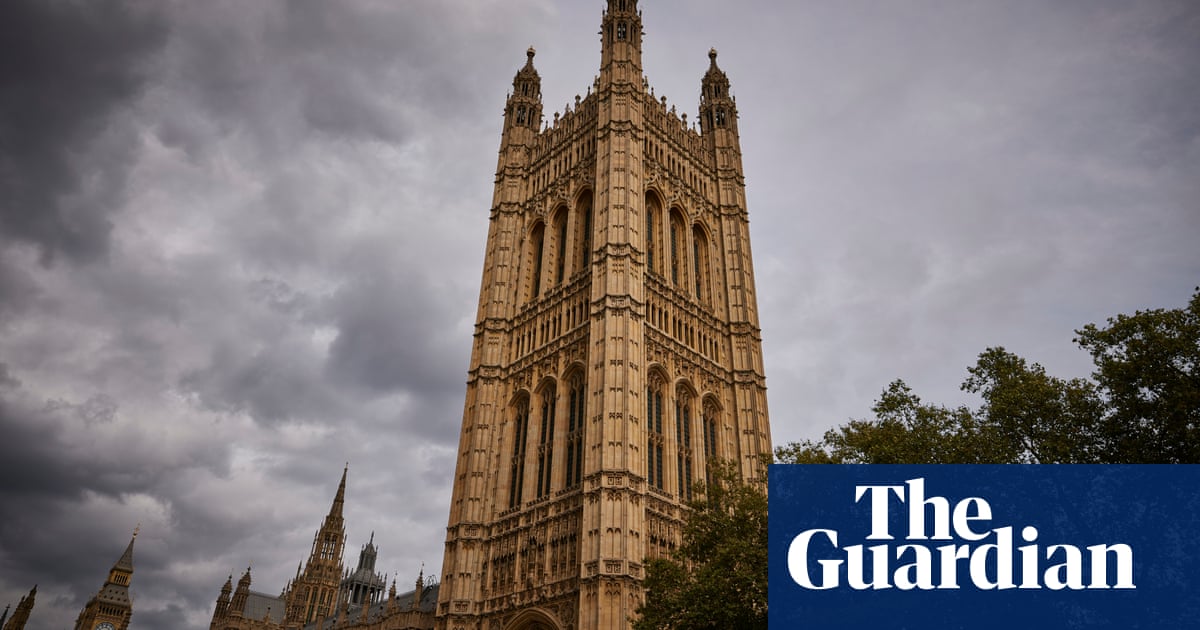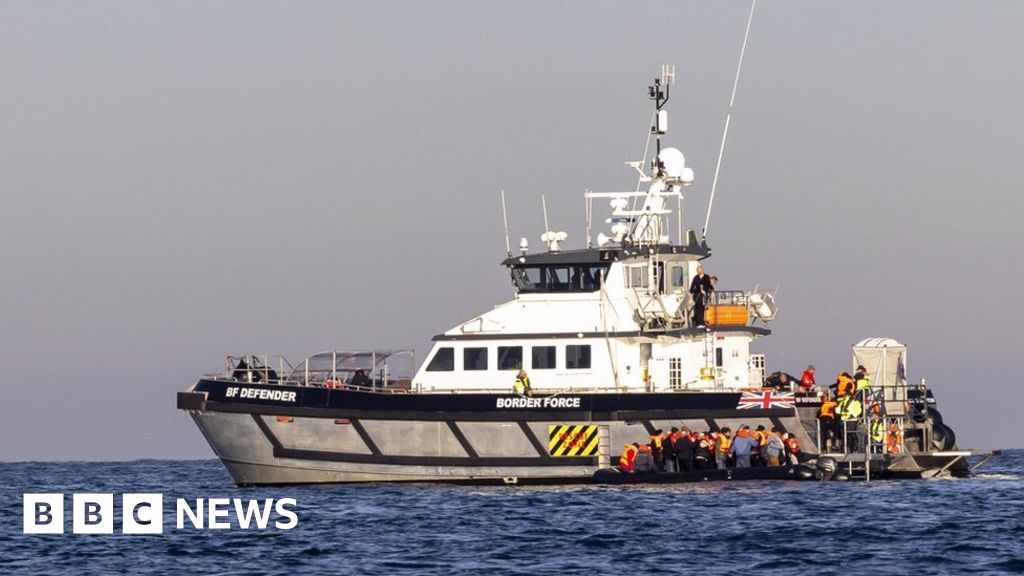
Rishi Sunak has suffered a heavy defeat in the House of Lords after peers backed changes to force through five amendments to his proposed Rwanda deportation bill. The legislation, which aims to clear the way for asylum seekers on a one-way flight to Kigali, will have to go back to the Commons before it can be implemented. Peers also said that the treaty underpinning deportations must be fully implemented before flights take off and that judges should have an easier time challenging this. The bill is a key part of Sunak's plan to stop small boats crossing the English Channel, but critics say it will put people at risk and undermine the independence of the courts.

